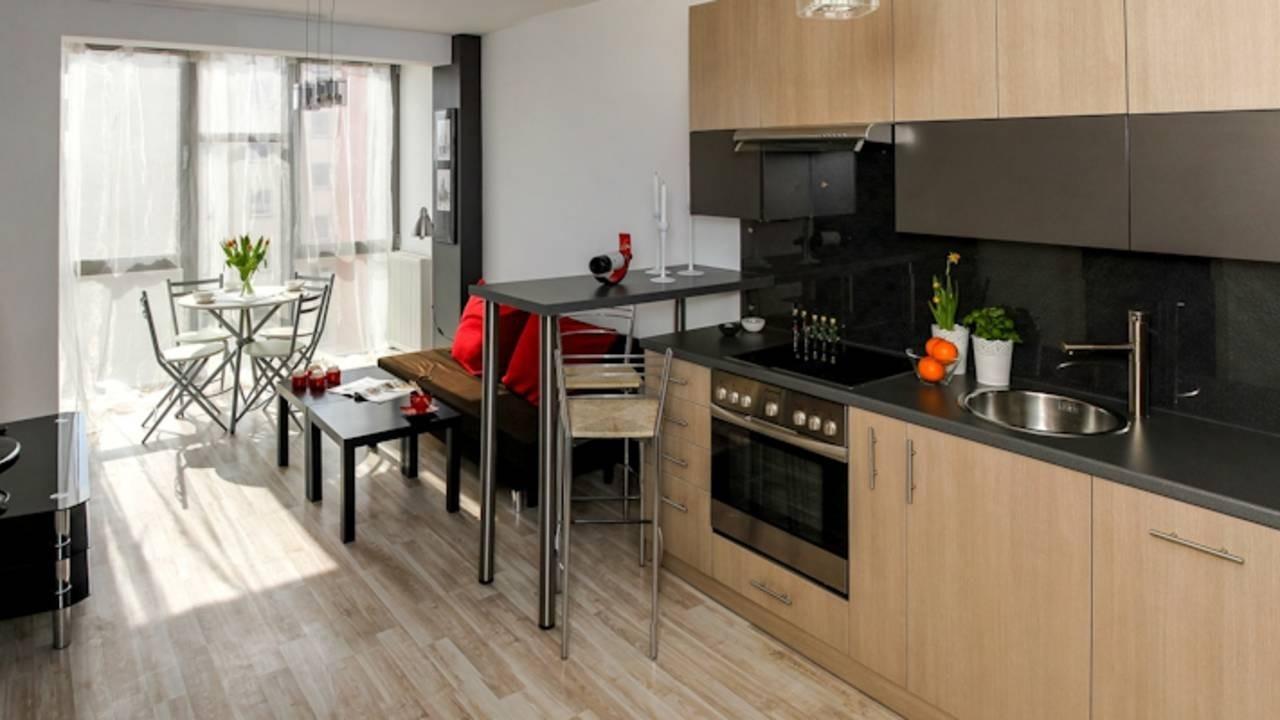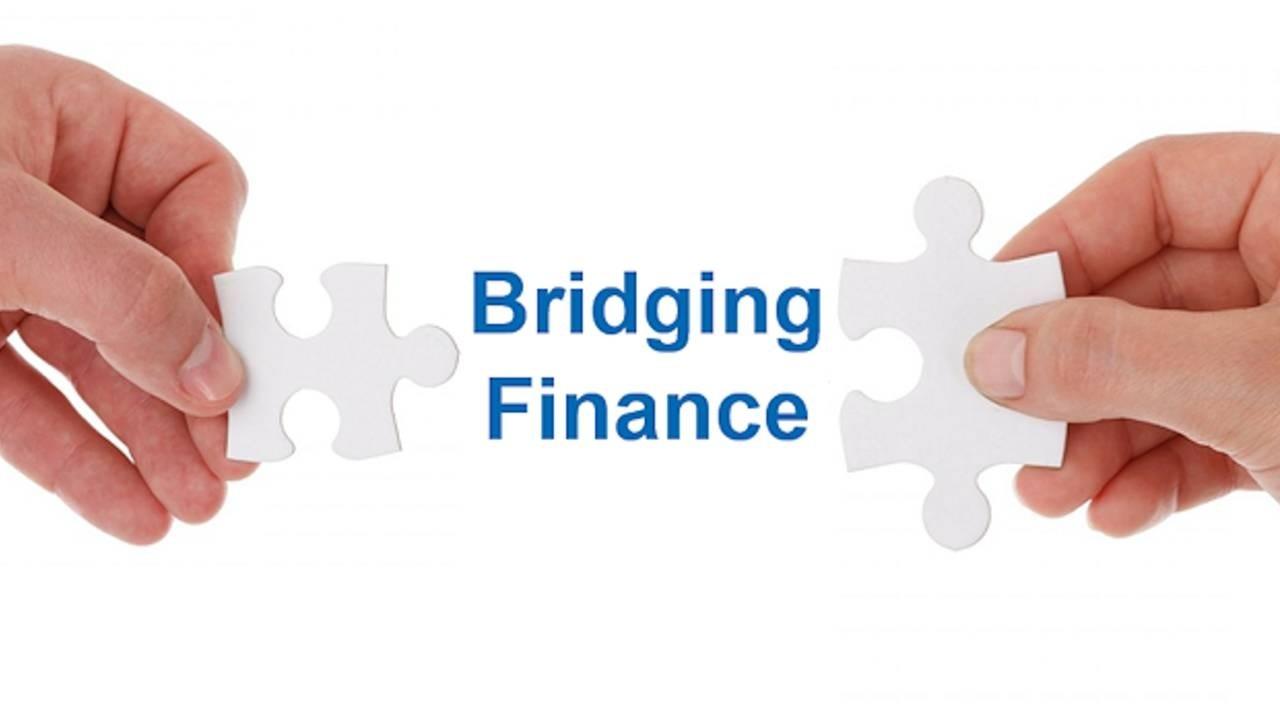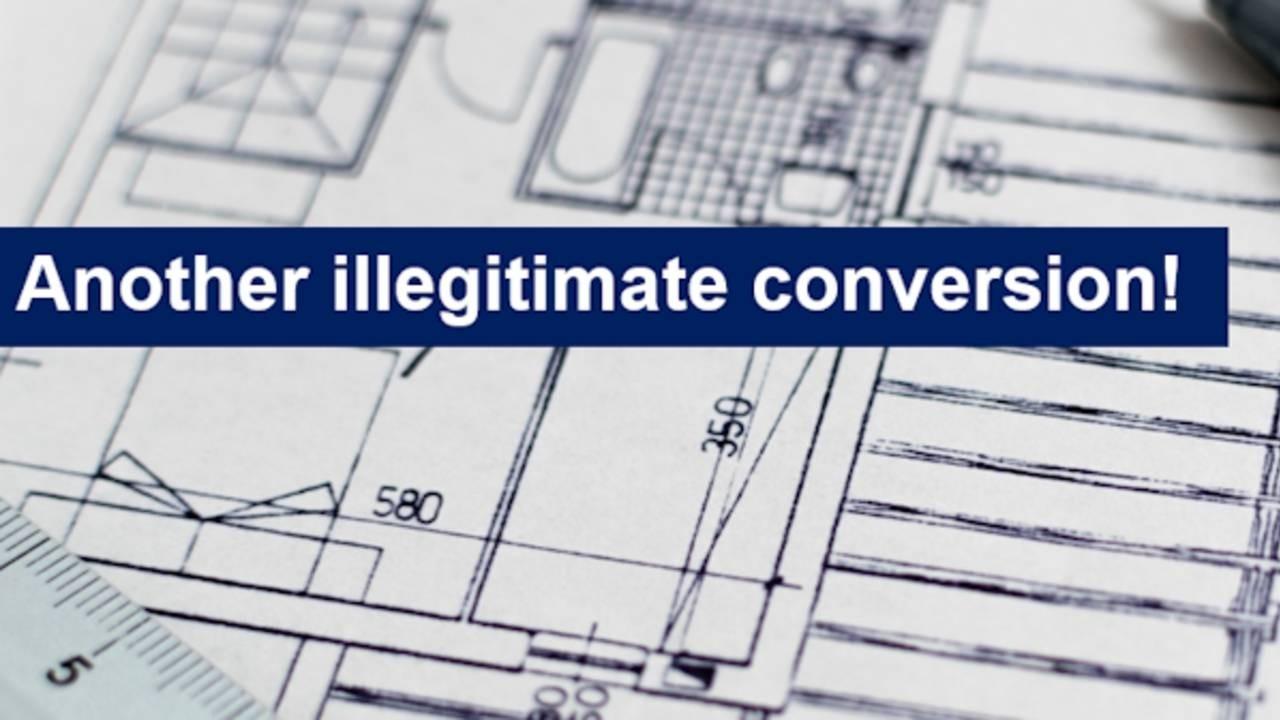How to get into serviced accommodation

THE QUESTION
Serviced Accommodation (SA) seems to be the new HMO in terms of the property strategy everyone is talking about doing.
I can see the attraction for an investor. Like HMOs, SAs offer a superior monthly cash flow, but do I need any special mortgage for a property I am going to let out by the night or can I use a normal BTL mortgage?
THE ANSWER
You cannot run a Serviced Accommodation business with any normal type of mortgage; not legitimately anyway. If you look at any mortgage lender’s T&Cs, they state the minimum and maximum length of a tenancy agreement they will permit. For pretty much every lender, that will be a minimum of six months and a maximum of 12 months. Clearly letting for a few nights breaches these conditions.
When you commit a breach and the lender becomes aware of it they can call in the loan. Some lenders may not, but others certainly will.
I suspect that plenty of SA businesses are being run without the mortgage lenders knowledge. This conversation ...
Leveraging your investment by going Limited

THE QUESTION
Can you buy a property for cash, using other people’s funds loaned to your Limited Company, carry out a refurbishment and then remortgage on to a BTL, hopefully releasing some equity to pay back the investors their initial stake in addition to their margin of interest?
Following the remortgage the property will be solely owned by your own Limited Company and the initial investors will have no vested interest.
Will the mortgage company insist that all of the funds are from a personal source, i.e. not outside investors/JV partners?
I'm exploring ways to accelerate portfolio building and seem to keep hitting stumbling blocks. The buy-refurbish-refinance model seems to be getting quite hard to implement, so I was looking at ways of buying un-mortgageable properties with cash and then financing them to current value thus avoiding ERCs and other fees. I'm not currently investing, but really hoping to start this year.
I have quite a lot of business experience, time, some ac...
How to get funding for full value when buying BMV

THE QUESTION
Here’s a scenario:
- Purchase at 150K
- Exchange and then carry out works expected to bring valuation to 185K
- Keeping a strong and detailed record of all the building works, when the valuer comes and tells you (hopefully) it’s worth the full 185K
How does the lender feel when they know you only paid 150K?
Also how does the vendor get their 150K, is that just a paper exercise through solicitors?
Do you need to have a lender ready to go and do they want to know about the works you are carrying out prior to agreeing the loan?
THE ANSWER
It is possible to achieve your objective of needing little or no deposit, but you have to be very specific in how you set it up. I have arranged the finance for exactly this with a number of clients. I have also taught this exact strategy on my workshops for the past four years.
Doing the exchange with delayed completion is relatively simple, the vendor has to buy into the concept and give you both the keys and permission to enter ...
The Chicken or the Egg?

THE QUESTION
I’ve been advised to go out and find deals and the finance will follow. I have found a few suitable projects, done the sums and offered to purchase. We lost a deal earlier in the year as we failed to finance it and we currently have two deals on the table that are good few weeks down the line and the vendors are starting to get itchy feet (quite understandably).
This has really started to stress me out. The reason for the immense stress was that I was putting my credibility on the line. I was making promises to do something that i had no way of fulfilling.
Now it’s certainly motivating, it makes you take action, but raising finance is not a quick process. It takes time to build relationships and trust - it’s not something you can fix with 'hustle'.
So, how do people deal with this? Do I need to change tack and concentrate on getting financial backers on board first and then start looking for deals?
THE ANSWER
This is the perennial dilemma of getting private money ...
A property with challenges - yes or no?

THE QUESTION
I have found a property I want to get a buy to let mortgage for, but I have a bad credit rating. The house also has no kitchen, are there any lenders that would be able to provide a mortgage for this?
THE ANSWER
Take a reality check on this one, you have zero chance of getting a mortgage on this property as a means of buying it.
Leaving aside your credit history, a property has to be lettable on day one to get a mortgage; if it has no kitchen, it plainly isn’t that. So it is a non-starter in the way you want to purchase it.
For a property to be mortgageable:
- As a main residence - it has to be habitable
- As a BTL it has to be lettable and that is different to habitable. It means, in the lenders' surveyor's opinion, a tenant would want to pay good money to rent it on day one
Fitting a kitchen between exchange and completion might work, but if the rest of the property is not in good repair, it is still unmortgageable. It's very unusual to find a pristine property...
Leases on BTL properties

THE QUESTION
When looking to buy a BTL property at what point does the length of the lease term start becoming a factor and should be taken in to account?
THE ANSWER
80 years is a pivotal number, because you cannot get the freeholder to extend the lease until it reaches 80 year point. However, from a mortgage lenders point of view 80 years is not that pivotal, it is quite easy to get a mortgage below 80 years but it does start to get problematic the further you drop below 80 and when the lease has 70 years or fewer to run it starts to become an issue for mortgage lenders.
Mortgage lenders like to have a comfort zone of years left on the lease at the end of the mortgage and this will vary lender to lender, some want as much as 45 years, others will be happy with 30 years and most would be somewhere in between. Given that most people take a 25 year mortgage then 70 years become the pivotal number in terms of getting mortgage lending. Below 70 years and your choice of lenders steadily...
Funding auction purchases

THE QUESTION
What’s the best way to fund an auction purchase? Do I need bridging or will any lenders give an undertaking to release funds WITHOUT knowing the final purchase price? And who can beat the 30 day completion date deadline?
THE ANSWER
You have a small number of finance options when buying property at auction:
- Mortgage
- Your own cash
- Someone else’s cash
- Bridging finance
Given the tight completion deadline of an auction purchase, do you really trust a mortgage lender to underwrite, survey, issue an offer in sufficient time for your solicitor to do the legal work to complete in time? You would be a brave man if you do.
Assuming that, as you’re asking the question, we can rule out your own cash as an option, let’s look at the other options:
You can use private money, but what will that cost and how reliable will they be? I am dealing with an auction purchase right now that went down that route; two weeks after the purchase/exchange at auction and with only two we...
Another illegitimate conversion!

THE QUESTION
I am considering buying a flat that was converted in 2008 – without planning permission. The landlord tried to get retrospective planning permission two years after conversion (2010), but the Council rejected the application.
Now the property is up for sale and I think a bridging loan wouldn't be a problem, but a mortgage company would ultimately require an indemnity policy. Is there a helpful solicitor willing to scan through the papers for me before I spend ludicrous amounts of money on a no-go?
THE ANSWER
Bridging finance would certainly work in terms of securing the purchase.
A mortgage lender would require a legitimate conversion, not the current illegitimate one – in other words, a Certificate of Lawfulness.
To get a mortgage you, as the new owner, will need to get planning approval (CoL) for the flat. No planning approval = no mortgage = no way to repay the bridging loan. An indemnity policy is a red herring.
The Council planners rejected the current land...
Equity release to build investment

THE QUESTION
I want to release some equity from properties I currently have to purchase some more. Who would be the best person to give me advice?
I'm also trying to find out how easy a property is to remortgage once it's been renovated. Is there a specific period of time you have to wait before you can remortgage?
THE ANSWER
My first tip is to pick an adviser who is an investor themselves, they will understand your thinking in terms of recycling your cash; some mainstream advisers know very little about investing in property. If you find yourself teaching your broker, you have the wrong broker.
On your second point, almost all BTL lenders restrict applications to remortgage a property that you own until you have owned it for six months. It is often referred to as the 'six month rule', but is optional as to whether lenders choose to invoke it or not.
The very few BTL lenders who choose not to invoke it will remortgage your property within 6 months of purchase, BUT only at the ...
The first steps to commercial property

THE QUESTION
I’ve found a shop currently let at £350 pm with a separate flat above currently vacant, but will bring £300-350. The asking price is £69k and, although I've had £60k rejected, they'll take £65k.
Firstly is this a good deal? What will it cost me to buy it with commercial finance? What should I expect to pay in monthly payments and are there any fees other than what you would normally have with residential?
THE ANSWER
It’s highly unlikely to get a commercial mortgage at a decent loan-to-value to fund the purchase given that the property is only partially let. Commercial lenders’ primary concern is how the monthly payment is afforded from day one and you are 50% down on full rental income.
The other issue is that £65k is below most commercial lenders minimum loan of £75k.
Here are some things to consider:
- Is it possible to rent the flat out by the room to increase rental income?
- What business is conducted in the shop, as lenders can be fussy as to what activities ...




